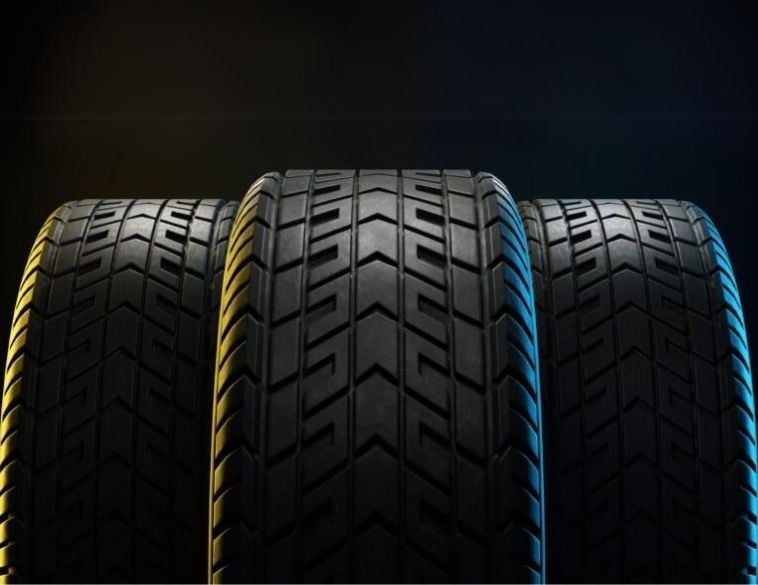Part of our job is to guide the customer to the right product to properly fit their vehicle, for both cars and light trucks.
Without this support, the consumer’s choice often comes down to: “not too expensive, I have other tires to buy next summer…” However, the cheaper tire is not always the most suitable for the consumer’s needs.
All-weather and 4-season tires
There are many choices, both in terms of brands and models. Among all the choices available, two options stand out: the so-called “all-climate” tires and the dedicated tires for use.
Many manufacturers offer the “all-weather” or winter-rated tire. We are talking about the same tire, i.e. a 4-season tire, but which can legally be used in winter. Considering that it can be used throughout the year, this tire offers a good compromise, as the customer only has to buy one set of tires.
However, this remains a compromise. In winter, it will not be the most efficient or safest tire. In contrast, for light trucks, “approved” tires are generally called “All Terrain” tires. These “all-terrain” tires are designed to provide better traction on surfaces other than asphalt. So in the summer, if the customer spends most of his time on asphalt, this tire may not be the most suitable.
The second option is the choice of a summer light truck tire, selected according to what the customer does with their vehicle, and a winter tire, selected according to the same criteria. This means spending more money, but the vehicle will be safer and most importantly, the customer will be able to get the most out of the tire’s life.
It is important to explain to the customer that although the cost is higher at the time of purchase, this option is the most cost-effective in the long run if you consider the investment per mileage. For both summer and winter tires.
Tire air pressure
It is important to remember that light trucks have specific requirements that must be met, particularly in terms of load capacity, which will be higher than average, but also in terms of air pressure in the tires. This may need to be increased from the original suggested size. Ne serait-ce que pour s’assurer que le pneu est capable de supporter le poids supplémentaire. As 98% of the weight is carried by air, it is imperative that the tires are inflated to the correct pressure, otherwise they will be used under-inflated, thus automatically overloaded, risking a defect or even explosion.
Since the arrival of the Ford Transit, another peculiarity has appeared: tires with a “commercial” load capacity, but not with a “pickup truck” size. These tires therefore have a different name. For example: 205/65R15C, where the letter “C”, meaning “Commercial”, is part of the dimension, but placed at the end.
In short, there are as many product choices as there are customer needs. The key is to understand each client’s specific needs in order to guide each client to the best possible option. On that note, I wish you a great tire season!



